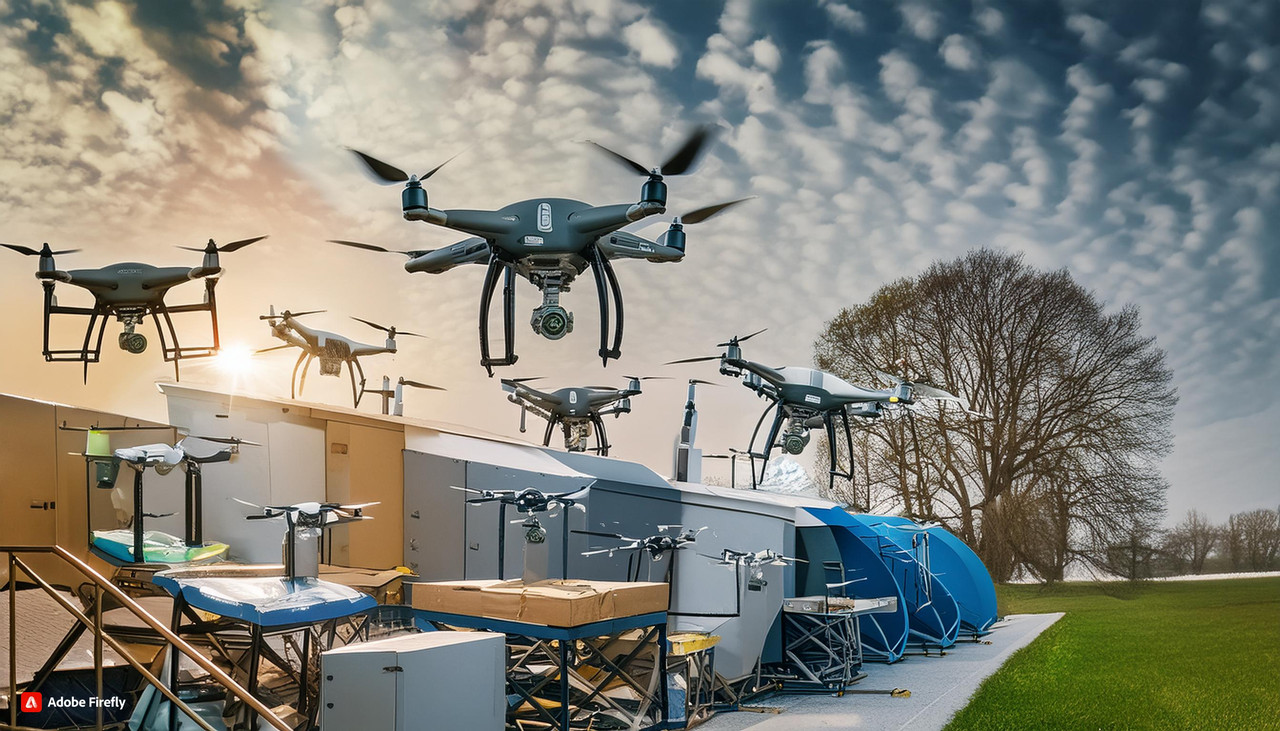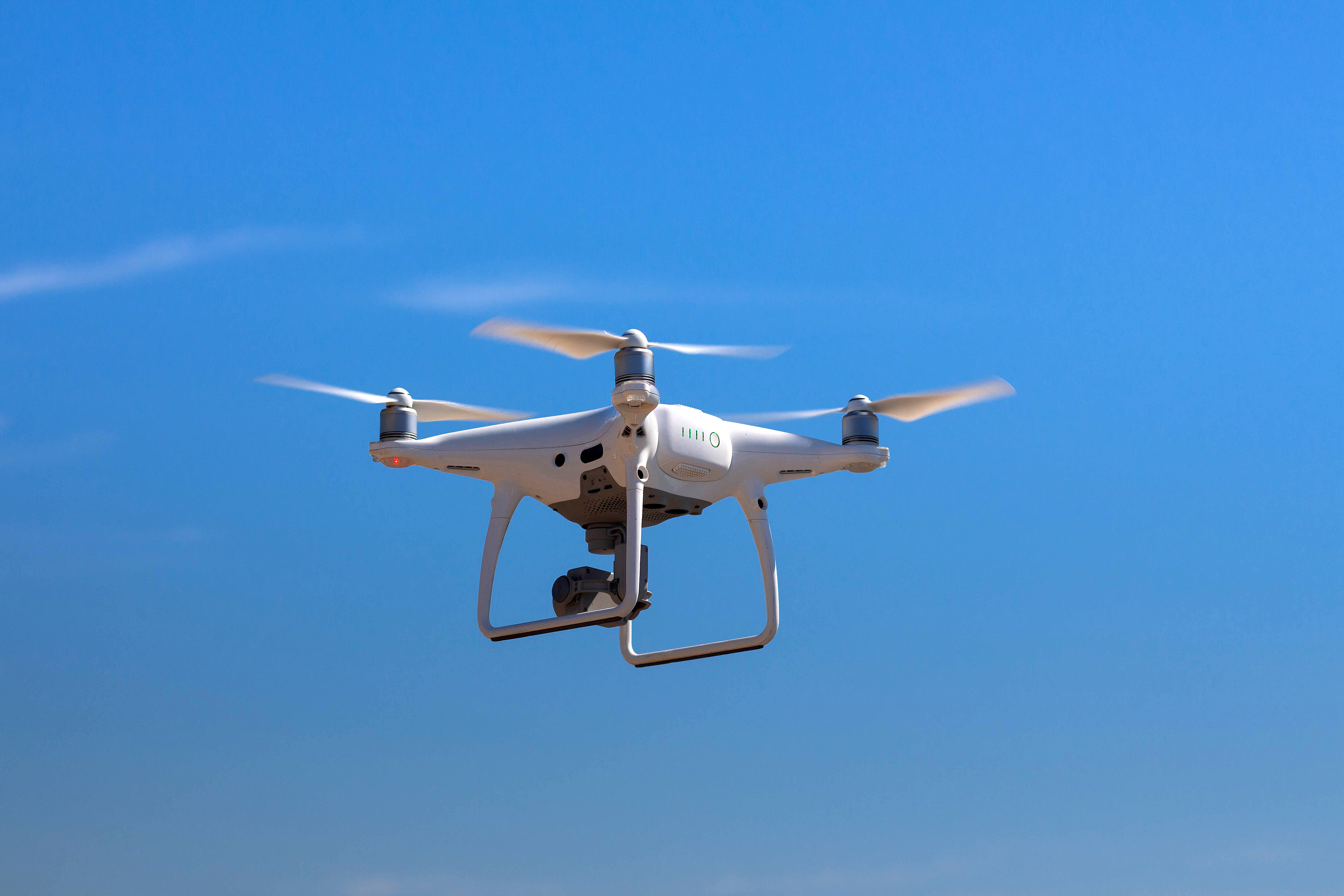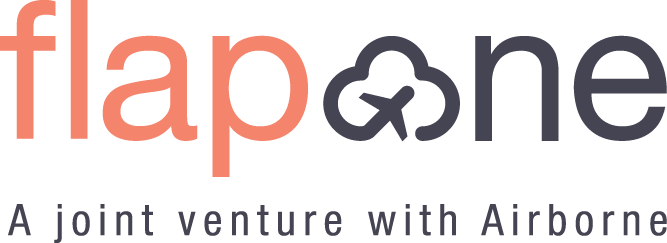
Drone Insurance in India: What You Need to Know?

Drones play a big role in many key industries, not just in India but worldwide, from photography and agriculture to surveying and deliveries. However, as their usage expands, so do the risks associated with their operations. Drone insurance is vital for decreasing the potency of financial losses, protecting assets and ensuring compliance with regulations. This blog will explain why drone insurance is important in India, its types, regulatory requirements, benefits, and more.

Why There is a Need for Drone Insurance?
Drones are useful in commercial, industrial, and emergency responses. However, they are vulnerable to theft, damage, and malfunctions. Drone operations can also incur third-party liability risks if they cause injuries or property damage.
Without drone insurance, operators might face financial and legal consequences. Insurance protects people and businesses against unexpected expenses while maintaining compliance with laws. Moreover, some industries require insurance proof before letting drone operators commence professional drone flying.

Types of Drone Insurance
Hull Insurance
This covers replacing or repairing a drone if it is damaged by weather conditions, accidents, or technical failures. It is particularly useful for commercial operators who rely on drones for business operations.
Liability Insurance
This is the most common drone insurance, which covers damages caused by the drone to third parties. If a drone crashes into a property or vehicle or hurts someone, this insurance will cover the costs, averting out-of-pocket expenses.
Payload insurance
For pros using drones for aerial photography, mapping, or surveillance, drone insurance might include coverage for payloads such as sophisticated cameras, sensors, or other equipment.
Non-owned Drone Insurance
This is useful for businesses or people renting or leasing drones rather than owning them. It provides liability and damage coverage for drones that are not kept by the operator but are used for professional work.
Commercial Drone Insurance
Companies using drones for commercial purposes require this type of drone insurance. This comprises hull, liability, and payload tailored to business requirements.
Personal Injury Coverage
Camera drones can be involved in privacy disputes or legal actions. This type of insurance protects against claims concerning privacy invasion or unintentional data breaches.

Regulatory Compliance for Drone Pilots
Governments have made drone regulations to certify safe operation and answerability. Many countries mandate drone insurance.
Mandatory Drone Registration
Most countries, including India, need drones over a specific weight to be registered. Insurance providers need registration details before insuring a drone. If a drone is not registered, the drone pilot can be penalized, leading to penalties and difficulty in getting insurance coverage.
Insurance Requirements for Commercial Operators
Businesses using drones commercially must have drone insurance covering third-party liability. The absence of this can result in heavy fines and restrictions on drone usage. Governments impose these regulations to protect drone pilots and the public from unpredicted damages.
Flight Restrictions and Compliance
Drone operators should comply with local aviation rules, such as restricted zones, altitude limits, and line-of-sight requirements. Not abiding by these rules can void an insurance claim. Moreover, drone pilots should know about no-fly zones to guarantee compliance with safety regulations.
Drone pilots must have a Remote Pilot Certification before getting drone insurance. Certified pilots decrease risks and ensure compliance with aviation laws. They can operate drones safely, reducing accidents that bring about insurance claims.

Why Drone Insurance is Helpful?
• Provides Financial Protection: Drone insurance covers the cost of repair and replacement for damaged drones, protecting the investment against accidents and technical glitches.
• Helps Meet Legal compliance: Drone insurance helps meet mandatory regulatory needs for commercial drone operations. Several government bodies need insurance proof before granting operational permits.
• Provides Third-party Liability Coverage: This protects against lawsuits arising from property damage or injuries caused by drones. This is important for businesses using drones in populated areas.
• Ensures Business Continuity: Guarantees minimal downtime and monetary loss during accidents. With insurance, businesses can swiftly recover from damages and continue their operations without disruptions.
• Maintains Peace of Mind: Drone insurance lets pilots concentrate on the job without worrying about unexpected expenses. It also minimizes financial losses.

What All is Covered Under a Drone Insurance?
Theft or Loss: Drone insurance can be useful if the drone is stolen or goes missing. It offers compensation for replacement or coverage for the loss, giving you peace of mind if the unexpected occurs.
Third-party Liabilities: If a drone harms others or damages property, the insurance will cover medical or repair expenses. It also protects a drone pilot from legal claims arising from such incidents.
Legal Expense: Drone insurance covers the cost of legal defense, including lawyer fees and court costs, guaranteeing that the pilot is not monetarily burdened in case of a legal dispute.
Cyber Liability: Policies offer protection against cyber risks. This comes into action if a drone is remotely compromised, guaranteeing a drone pilot is covered for data breaches or security threats. It helps lessen the risks of cyberattacks.
Protection During Transit: If a drone is transported from one place to another, insurance protects against accidental damage throughout transit. Whether the drone gets damaged during transportation, this keeps you covered.

Which Factors Impact Drone Insurance Premiums?
Understanding factors impacting drone Insurance premiums can help a person make well-versed decisions about coverage and reduce costs.
1. Drone Specifications
The design and competencies of a drone affect insurance costs:
• Weight and Size: Larger drones incur higher premiums because of the augmented potential for damage during an accident.
• Technology: Drones with advanced cameras or thermal imaging systems need higher coverage limits, so the premium also goes up.
2. Purpose of Drone Use
The way in which you use the drone and the use cases are critical:
• Use Case: Commercial operations, such as inspections or deliveries, are considered higher risk than recreational flying, leading to increased premiums.
• Operational Environments:
Flying in urban areas or challenging conditions might also increase premiums because of heightened risks.
3. Experience and Certification
The skills of the pilot are closely examined:
• Experience: A history of safe flying can decrease premiums. Conversely, inexpert pilots might face higher costs.
• Certifications: Certifications can demonstrate professionalism and decrease perceived risk.
4. Insurance Coverage and Limits
The type and coverage amount selected have a big role to play:
• Liability Coverage: Higher coverage limits increase premiums, but they offer improved financial protection.
• Hull Coverage: Comprehensive policies cost more than basic liability-only insurance.
5. Claim History
A history of preceding insurance claims can impact premiums:
• Frequent Claims: Several claims specify higher risk, leading to increased premiums.
• Clean Record: An incident-free record can qualify a person for a lower premium.
6. Maintenance and Operational Standards Maintenance of drones also has a big role to play in defining the cost of premium.
• Regular Maintenance: Adhering to upkeep schedules and keeping your drone in ideal condition can decrease premiums.
• Compliance with Regulations: Following safety guidelines can determine responsibility positively and, as a result, reduce premiums.

How to Reduce Insurance Premiums?
Choosing Right Coverage
Recreational pilots might need basic liability coverage, while commercial users require comprehensive policies. Avoid over-insuring your drone. A recreational drone doesn’t need the coverage of a high-end drone.
Investing in Training and Certification
Many insurers offer lower premiums to pilots with a Remote Pilot Certificate or other professional certifications. These qualifications assure insurers that you’re less expected to be involved in risky behaviour, making you a more favourable candidate for lower premiums.
Maintaining a Clean Flight Record
Avoiding accidents and claims validates your reliability to insurers, often qualifying you for discounts. Adhering to airspace regulations and keeping thorough flight logs can all help you uphold a clean record. These measures show the insurer that operational safety is important for you.
Leveraging Safety Technology
Obstacle avoidance, GPS tracking, and automated return-to-home systems decrease the risk of accidents. Insurers often identify these technologies as reducing liability, which translates to lower premiums. If there are no built-in safety features, upgrading them could reduce premium costs.
Bundle Policies or Compare Providers
Bundling policies with a single provider can help you save money. Insurers offer discounts for policy bundling, making it a lucrative strategy. Moreover, compare quotes from different providers. Shopping around ensures you get competitive rates while receiving the coverage needed.
Regularly Reviewing Your Policy
Regularly reviewing your coverage guarantees you’re not overpaying for coverage or leaving gaps in protection. Updating a policy to align with your current requirements can save costs.
Maintenance and Compliance
Keeping a drone in ideal condition can reduce risks and insurance costs. Insurers value operators keeping detailed maintenance logs and adhering to recommended schedules. Moreover, compliance with regulations reinforces your position as a low-risk operator. Demonstrating these practices can help you negotiate more favourable terms.
Final Few Words
With the growing acceptance of drones in various industries, the requirement for drone insurance has only grown. Whether a hobbyist or a business owner, investing in the correct insurance policy safeguards your assets, ensures compliance with laws, and protects you from monetary liabilities. Understanding diverse policy types and regulatory requirements and choosing coverage that fits your needs can make drone operations safer and more reliable.
If you want to learn, how to operate drones, then there is a need to find a drone training institute like Flapone Aviation. Here, you will become well-versed in both, theoretical and practical aspects of drone operations and then you can easily have a remote pilot certification under your belt.
Related Blog
Latest updates and insights from Flapone Aviation.

What Types of Drones Are Present in the Market?
October 8, 2024

How to Become a Pilot After 12th in India?
February 7, 2025

What are the Basics of Drone Piloting?
February 7, 2025




Author Bio
A dynamic and seasoned content writer with 6 years of experience curating content for different platforms. With the knowledge of all the cogs of content writing and SEO, he has served in various industries. He believes that content is the kingpin, and if penned well, it has a lasting impact on the minds of the readers. Apart from content creation, he is also an ardent poetry lover and performer. He has two publications of his poetry collection, namely Alfaaz and Chestha